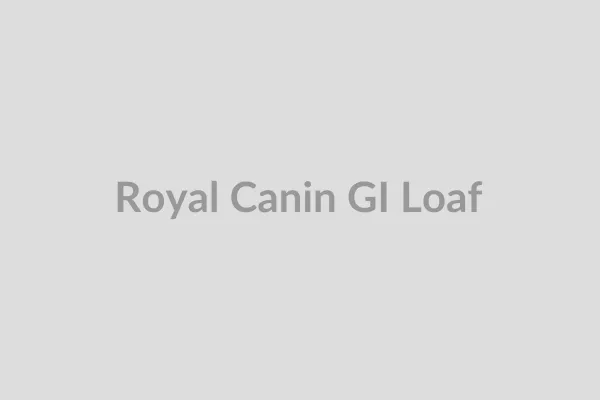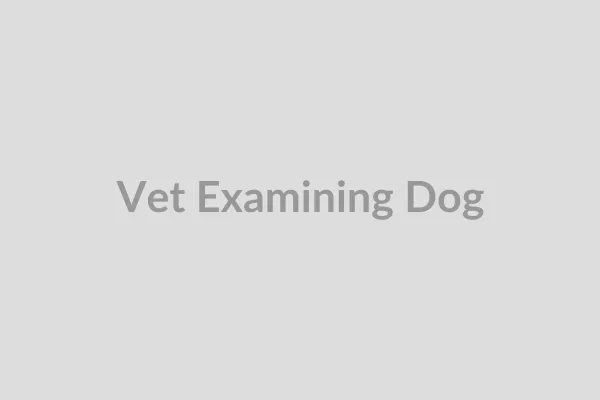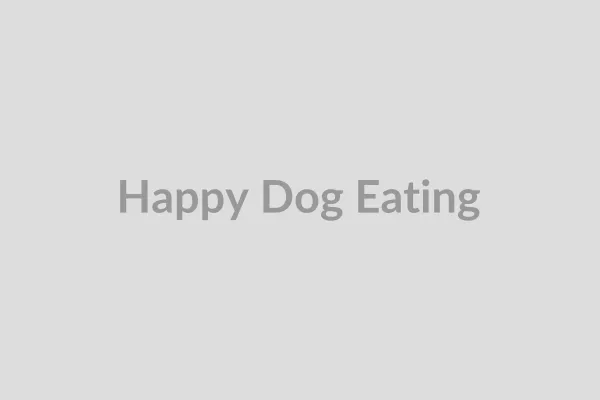Welcoming a dog into your home brings immense joy, but sometimes, our canine companions face uncomfortable digestive challenges. If your furry friend is experiencing gastrointestinal issues like diarrhea, vomiting, or appetite loss, finding the right diet is crucial for their recovery and long-term well-being. This is where specialized veterinary diets, such as Royal Canin Gastrointestinal Wet Dog Food, play a vital role. Designed with precise nutritional balance, this formula aims to soothe upset stomachs, support healthy digestion, and ensure your dog gets the vital nutrients they need to thrive.
Understanding Canine Digestive Issues
Just like humans, dogs can suffer from a variety of digestive problems. These can range from acute issues, such as a sudden bout of diarrhea, to chronic conditions like inflammatory bowel disease (IBD) or pancreatitis. Common symptoms often include vomiting, diarrhea, constipation, gas, abdominal pain, and a noticeable decrease in appetite. Identifying these signs early and consulting with your veterinarian is essential to diagnose the underlying cause and determine the most appropriate course of action. Often, dietary management is a cornerstone of recovery and ongoing care for dogs with sensitive digestive systems.
The Science Behind Royal Canin Gastrointestinal Wet Dog Food
Royal Canin Gastrointestinal Loaf is a veterinary-exclusive diet specifically formulated to support adult dogs with gastrointestinal sensitivities. It’s not just regular dog food; it’s a therapeutic diet developed by experts in pet nutrition and veterinary science. This particular wet food is crafted as a complete and balanced meal, providing all the necessary nutrients without exacerbating existing digestive problems. Its soft, palatable loaf texture also makes it appealing to dogs who might have a reduced appetite due to illness.
Key Benefits for Digestive Health
This specialized formula offers several targeted benefits that contribute to optimal digestive health and recovery:
- Digestive Support: At its core, this diet features a combination of highly digestible proteins, a balanced blend of fibers, and essential fatty acids like EPA and DHA. Highly digestible proteins are crucial because they reduce the workload on an already compromised digestive system, allowing for easier nutrient absorption. The balanced fibers aid in healthy gut motility and stool quality, while EPA and DHA (omega-3 fatty acids) provide anti-inflammatory support, which can be particularly beneficial for irritated digestive tracts.
- High Energy Content: When a dog has digestive issues, they may not absorb nutrients efficiently, leading to potential weight loss and lethargy. This Royal Canin formula boasts a high energy content—approximately 13% more than Royal Canin Gastrointestinal Moderate Calorie loaf. This higher caloric density means dogs can consume smaller meal volumes while still meeting their energy requirements, thereby decreasing the overall intestinal load and reducing digestive stress.
- Microbiome Support: A healthy gut microbiome—the community of beneficial bacteria living in the digestive tract—is fundamental for proper digestion and immune function. Royal Canin Gastrointestinal wet dog food includes selected prebiotics, which are non-digestible fibers that selectively stimulate the growth and activity of beneficial bacteria in the colon. This support helps to restore and maintain a balanced gut flora, which is critical for long-term gastrointestinal health.
 A bowl of Royal Canin Gastrointestinal wet dog food being served to a dog
A bowl of Royal Canin Gastrointestinal wet dog food being served to a dog
Nutritional Breakdown and Ingredients
Understanding the ingredients and guaranteed analysis is key to appreciating the quality of this veterinary diet. The formula includes water sufficient for processing, pork by-products, chicken by-products, salmon meal, brewers rice, and pork liver as primary ingredients, ensuring a palatable and nutrient-dense meal.
The guaranteed analysis confirms its suitability for dogs with digestive sensitivities:
- Crude Protein (min.): 6.7%
- Crude Fat (min.): 4.3%
- Crude Fiber (max.): 3.1%
- Moisture (max.): 76.0%
- EPA + DHA (min.): 0.10%
This profile highlights a moderate fat content combined with highly digestible proteins, catering to the needs of a sensitive digestive system. The presence of L-ascorbyl-2-polyphosphate (source of vitamin C) and DL-alpha tocopherol acetate (source of vitamin E) further provides antioxidant support. The formula also includes essential vitamins and trace minerals vital for overall health. This commitment to a precise nutritional balance makes it an excellent choice for managing various canine digestive conditions, including those affecting specific breeds like best dog food for poodles with sensitive stomach.
When Is Royal Canin Gastrointestinal Wet Dog Food Recommended?
This specialized diet is often prescribed by veterinarians for a range of conditions. It’s a common recommendation for dogs suffering from acute or chronic diarrhea, vomiting, pancreatitis, exocrine pancreatic insufficiency (EPI), and inflammatory bowel disease. It’s also suitable for dogs recovering from gastrointestinal surgery or those experiencing general maldigestion or malabsorption issues.
It’s important to note that because this is a veterinary-exclusive diet, it requires a prescription from your veterinarian. They will assess your dog’s specific condition and determine if this food is the appropriate treatment. For instance, dogs with conditions like pancreatitis often require very specific dietary modifications, and understanding what food can a dog with pancreatitis eat is critical.
 A veterinarian examining a dog with its owner present
A veterinarian examining a dog with its owner present
How to Introduce and Feed This Diet
When transitioning your dog to any new food, especially a therapeutic diet, a gradual introduction is recommended. Over 7-10 days, slowly mix increasing amounts of Royal Canin Gastrointestinal wet dog food with decreasing amounts of their old food. This helps prevent further digestive upset. Your veterinarian will also provide specific feeding guidelines based on your dog’s weight, age, activity level, and medical condition. It is essential to adhere to these recommendations to ensure your dog receives adequate nutrition without overfeeding or underfeeding. Always ensure fresh water is available. Sometimes, digestive issues can lead to a dog being picky about their food, and the palatable loaf texture of this food can be very helpful.
The Role of a Specialized Diet in Recovery
For dogs with sensitive stomachs, a carefully formulated diet like Royal Canin Gastrointestinal wet dog food can significantly aid in recovery and manage chronic conditions. By providing readily digestible nutrients and supporting the gut microbiome, it helps to:
- Reduce gastrointestinal symptoms like vomiting and diarrhea.
- Promote optimal nutrient absorption.
- Restore energy levels.
- Support a healthy immune system, as much of a dog’s immunity resides in their gut.
It’s a foundational element in a holistic approach to managing canine digestive health, offering relief and improving the quality of life for affected dogs. Even for breeds like the French Bulldog, which often has sensitive stomachs, this specialized food can make a noticeable difference.
 Close-up of a dog's happy face after eating
Close-up of a dog's happy face after eating
Why Trust Royal Canin?
Royal Canin has a long-standing reputation for developing science-backed nutritional solutions for pets. Their products are the result of extensive research and collaboration with veterinarians, breeders, and nutritionists. The “veterinary formula” designation ensures that the food meets stringent standards for specific health conditions, providing peace of mind to pet owners. The brand’s commitment to quality and food safety is evident in its meticulous ingredient selection and manufacturing processes. Choosing Royal Canin Gastrointestinal wet dog food means relying on a brand that prioritizes pet health through precise nutrition.
 Royal Canin branding alongside a dog bowl
Royal Canin branding alongside a dog bowl
Conclusion
When your dog’s digestive system needs extra care, Royal Canin Gastrointestinal wet dog food offers a scientifically formulated, veterinarian-recommended solution. Its unique blend of highly digestible ingredients, high energy content, and prebiotic support works synergistically to alleviate symptoms, promote gut health, and ensure your canine companion receives the essential nutrients for recovery and maintenance. Always consult your veterinarian before making dietary changes for your pet, especially when dealing with health concerns. For more information on specialized dog diets and digestive care, explore other articles on Dog Care Story!
